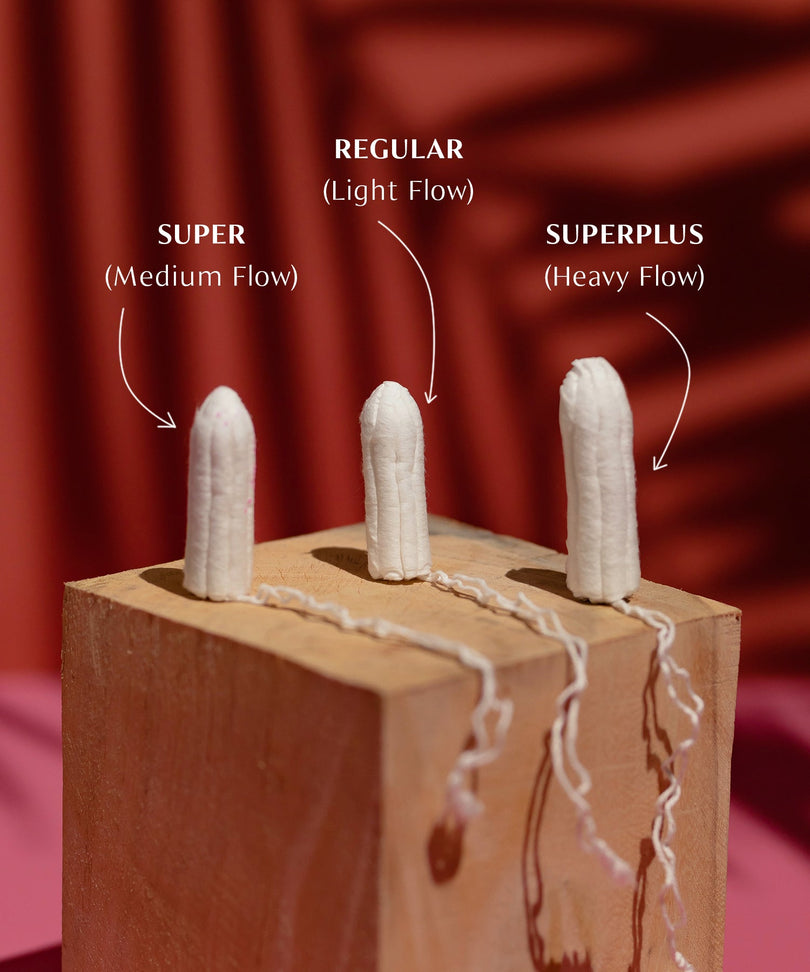Many women believe that giving them special privileges is against feminism. For example, they don’t prefer sitting on seats reserved for women in the bus or metro.
Many men believe it is not ”manly” to be a feminist. It is necessary to address major misconceptions.
However, in true sense feminism is all about women getting a fair share of the rights they deserve, and in no way does it mean to strip men of their rights and considered women superior to men.
In general, it is a movement to put an end to sexism, sexist exploitation, and empower women.
Now let us discuss everyday feminism and why everyone should be a feminist.
What do you mean by feminism? Who is called a feminist?
The meaning of feminism is the belief that men and women should have equal opportunities and social, economical, and political equality of genders.
Since the late 20th century, various phases of feminisms have evolved. Different groups of people have given different reactions, and both men and women have been among its supporters and critics.
Feminism is not a war against men rather the idea is women empowerment. Feminism is not essentially a woman’s movement only but a movement for all genders. Moreover, Feminism is a basic Human Rights movement in today’s world.
A Feminist is anyone who actively supports and participates in this movement and anyone who recognizes the power of women as much as they believe in the power of anyone else.
Feminism is a fight for every child who is prey to child marriage, who is mistreated, suicide due to the dowry system, and for every female feticide.
Feminism in India?
India needs feminism to put a full stop to unfounded stereotypes about gender and protection against sexual harassment and assault.
Feminism is crucial for India because through this movement we can stop violence against women and usually the voice of women is intentionally suppressed in India so that their families respect not suffer.
Although the feminist movement was successful in India in spite of this still women living in modern India face many challenges and issues of indiscrimination.
We can witness three phases of Feminism in India, the first phase was in the 19th-century, the second phase was in the 1960s and ’70s, and the third phase took place in the 1990s.
Types of feminism:
⦁ Liberal feminism– It includes human civil rights and freedom of the individual. For example, the right to vote, the right to education, fair wages, and child care.
⦁ Radical feminism– It is focused on the patriarchal system specifically and also the male dominating nature.
⦁ Cultural feminism – It works on women’s moral development and it has also highlighted the areas where men had assessed women as inferior.
Facts about feminism-
Feminism works towards indiscrimination, not female superiority. Feminism does not favor sexism against either gender.
It is a bit alarming that 70% of married women in India between 15 and 49 years of age are victims of beatings or rape.
The male literacy rate of India stands at 82.14%, while the female literacy rate is only 65.46%, with Rajasthan having the lowest female literacy at 52.66%.
Feminist is neither against motherhood nor do they criticize women who embrace it. In fact, feminist supports and fight for the right of mothers, child care, and reproductive health rights.
Half of the women in low-mid-income countries have no decision-making power over their own bodies.
For instance, some feminist movements are directly advantageous to men. Feminists are against the abuse of men for ”falling” at masculinity.
Conclusion
The feminist movement has a positive impact on society for example now girls are also allowed to be educated.
In some communities, feminism has also succeeded in challenging pervasive cultural norms about women.
Don’t forget your own power. Just because they don’t see it. Always remember girls can do anything!
Feminism isn’t about making women strong. Women are already strong. It’s about changing the thinking of people.









